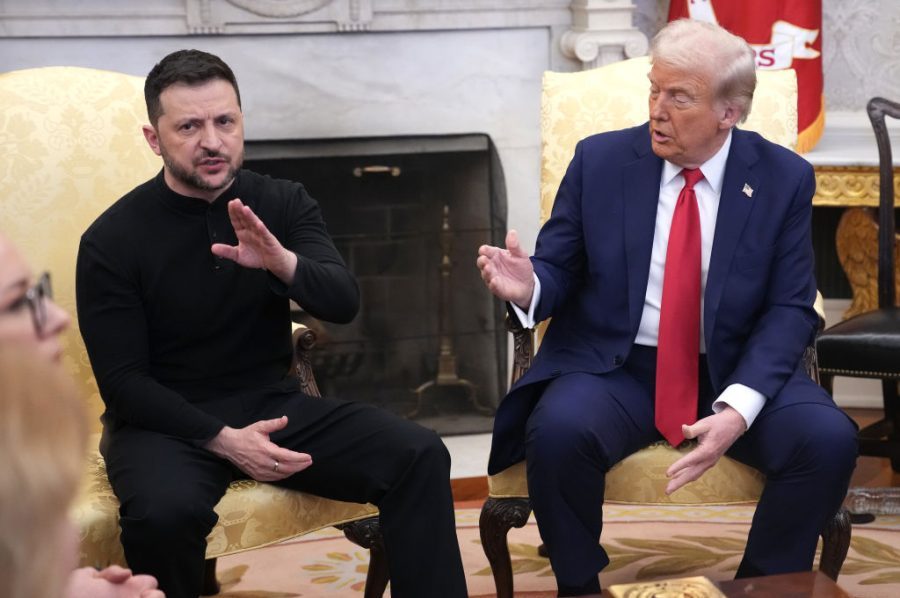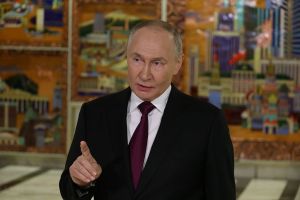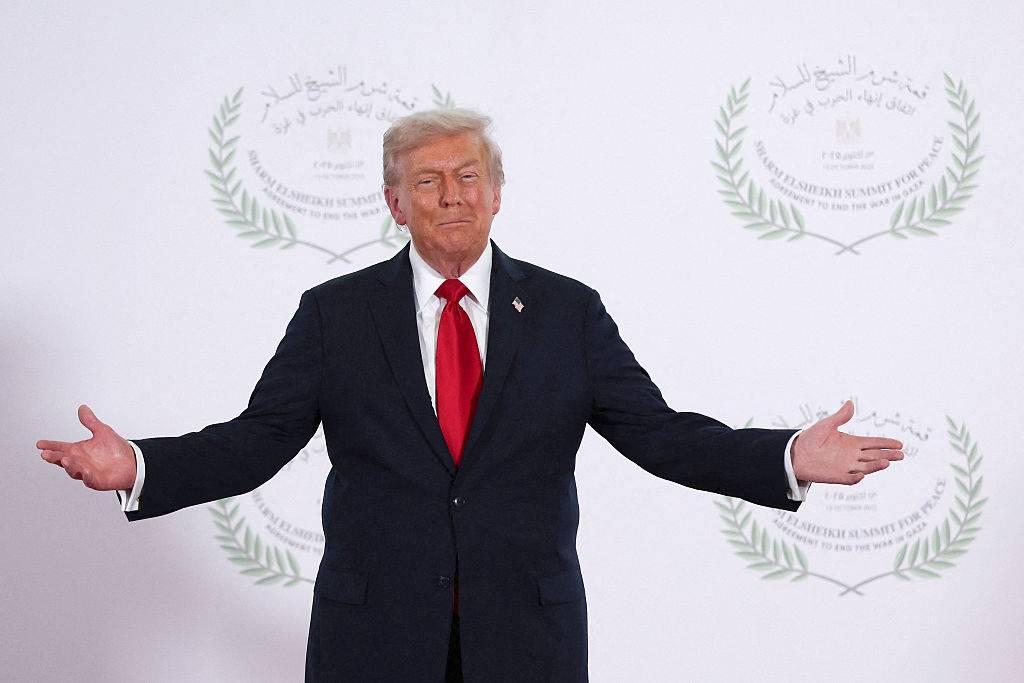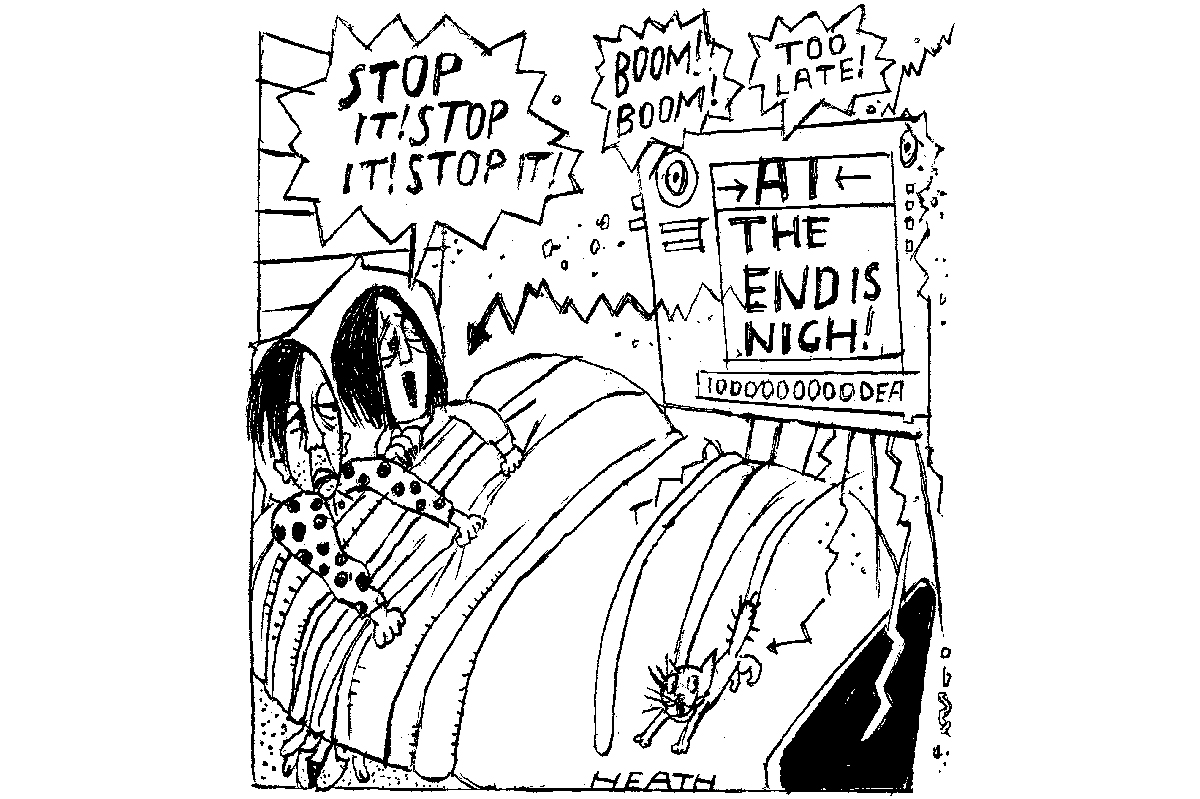So the on-again-off-again US-Ukrainian resources deal has been signed. It is perhaps appropriate that it was done without fanfare, marked by emailed press release. While its terms are rather better than originally mooted, it still shows not that “the Trump administration is committed to a peace process centered on a free, sovereign and prosperous Ukraine” as Treasury Secretary Scott Bessent put it, but to neocolonial exploitation. For all that, Kyiv has some reason to be satisfied by what it considers less of an economic deal and more a necessary piece of performative submission to keep Donald Trump engaged with their cause.
Put at its simplest, Ukraine’s natural resources – oil, gas, rare earths – will now come under the remit of a new US-Ukraine Reconstruction Investment Fund. While Kyiv will still decide who gets to exploit them, any revenues accrued from new exploitation projects will be split 50-50 between the US and Ukraine. The claim is that this will allow America to invest in Ukraine and help it develop, but this was possible without such a deal. Rather, it means that future military and other support will be considered a debt, on which Washington can collect.
Of course, the Ukrainians are putting a brave face on what is in essence extortion, given that they can hardly do without US support. Prime Minister Denys Shmyhal managed to say that “this is truly a good, equal and beneficial international agreement” with a straight face, even though any deal that grants a single foreign power half the revenue from your own resources is anything but.
Nonetheless, Kyiv does have grounds for a degree of genuine satisfaction. The terms are better than the much more exploitative ones originally proposed, which would have granted the US all of the revenues from the fund, and also backdated the notional “debt” to include all the past military aid.
Just as importantly, at a time when the White House is openly pondering walking away not just from its quixotic ceasefire negotiations, but also conceivably from its continued support for Ukraine, the hope in Kyiv is not only that this will be a powerful indicator to Trump that while Vladimir Putin may be stringing him along, the Ukrainians take him seriously. If he can feel that it is not charity for a loser, but an “investment” on which US Inc. will get a return, then Trump may be more willing to continue his support for the Ukrainians.
Already, Ukrainian sources are claiming that the way is clear for Kyiv to buy – not simply be given – weapons to the value of $50 million, including much-needed air defense systems. This is not much by the expensive standards of modern war, but symbolically important as the first arms sale to Ukraine approved by the US since Trump’s return to office.
That is a real, albeit limited boost for Ukraine’s defenses. Beyond that, the American position is that the resources deal also provides indirect but powerful security guarantees for Ukraine, in that the Russians will be deterred from further hostilities by the thought of putting US personnel and interests at risk. Or, as Trump framed it in his inimitable style, it would “keep a lot of bad actors out of the country or certainly out of the area where we’re doing the digging.” This is a tenuous argument, both because it did not deter them in 2022 and also because it is highly unlikely that there will be any substantive American investment and activity until the war is over.
So maybe one and a half cheers out of three for Ukraine, in the circumstances. It is generally regarded as having around 5 percent of the world’s critical raw materials, although many of these are actually in or close to occupied lands. Developing these reserves will take huge amounts of investment – and a sustained and credible peace.
To a degree, Kyiv has bargained away a half share in a fantasy asset, in the hope of retaining the support of a serial fantasist in the White House. This is perhaps rather fitting, and a perfect example of the surreal nature of geopolitics in the Trump age, even as real people are facing real consequences in the real world.

























